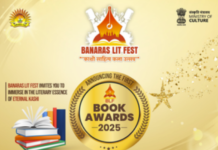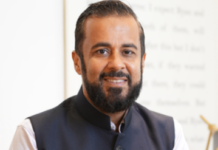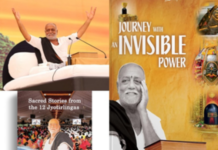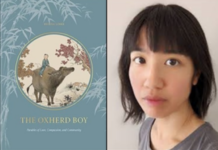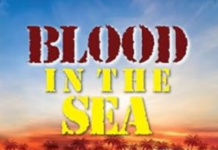By Vikas Datta
The Indian Republic will, this week, turn 67. But for most of its people, most hopes of its founding fathers have remained hopes only. In a polity based on ‘Vox populi, vox dei’, or the voice of the people is the voice of god, some voices are adept at articulating the silent feelings, usually uncharitable, of the multitude towards their rulers rather unforgettably. Such as this satirical Awadhi poet from Uttar Pradesh’s Faizabad.
And Rafiq Shadani’s verse can be very simply constructed – but well-targetted and quite hard-hitting.
Take a comparison of politicians then and now: “Subhas (Chandra Bose) neta ek samay desh ko naara dihen/Tum hamko khoon do, ham tumka azadi dihen/Aaj ke neta kehat hai bade pyaar se voter se/Tum hamka vote dihe ho, khun to ham lehi len”, or: “Dhumil bhayi Gandhi ke khaadi/Pahene jaake jab afsarvaadi/Ya to pehne bade fasaadi/Desh ko looto baari-baari/Jiyo Bahadur khaddar-dhari!”
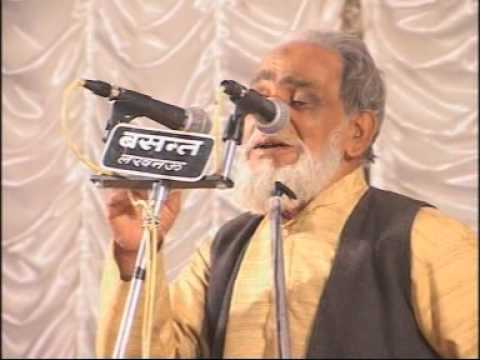
Or with assembly elections coming: “Kauno doosra mudda socho, shuru karo parchar, Guru/Dharam-jaat ka jaal na phainko, janata hai hoshiyar, Guru/Aur morre desh mein bas netaon ki badhi hai paidavar/Inki sankhaiya kam ho jaye, aisa mantar mar, Guru”.
He can be mocking about fellow citizens too – particularly in a ‘ghazal’ ending with the unprecedented ‘radeef’ (ending rhyme) “ullo ho”.
Beginning with the discomforting “Tum chahat ho bhaichara, Ulloo ho/Pyar ke batio jaio mara, Ulloo ho”, it goes to question educational achievements: “Aur kaise inter pas kiho ho bas jaan gaye/Kahe ikiasi likho atharah, Ulloo ho”, and ends with an equally discomforting: “Aur degree le ke beta dar-dar bhatko na/Hawa bharo, becho gubaara, Ulloo ho”.
If you see his language, it is broad vernacular Hindustani, freely drawing on both Hindi and Urdu, and presented in the Awadhi dialect, spoken across a considerable expanse of northern India comprising the “cowbelt”. As such, his satire is based on the speech pattern and folklore of a large number of common Indians, beyond metro cities and urban sensibilities, and the rhythms of rural — or small-town — life.
For example: “Pakhandi rahe chhaon ma, ghaame mein jari ham/Jalpaan kari neta, bhugtan kari ham” and “Aur Bharat ke kisano ka tanik durbhag to dekho/Gehu ka dhari Dilli, bhoosa ka dhari ham”.
At this point, we must know a little about the poet too. Though the family hailed from Faizabad, he was born in Burma in 1934 where his father Imamuddin was a tobacco and perfume merchant. However, the Japanese invasion in 1941 necessitated relocation to India and straitened circumstances. It was back home in Faizabad that young Rafiq developed a penchant for poetry, being specially in demand at freedom rallies.
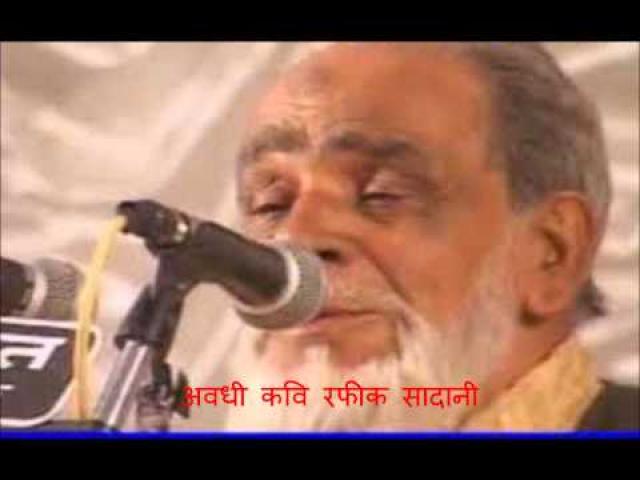
Not very formally educated, he began becoming a feature at national and international mushairas since the 1960s. The dark-complexioned, short-statured poet with a lugubrious expression, and habit of bantering with the audience, soon became a mainstay of mushairas well into the 21st century before his death in a car accident in 2010.
His turn was eagerly awaited with the mushaira hosts setting the stage with a gently deriding introduction – one saying that the next poet was not from “either Hindustan or Pakistan but the qabaristan” and even Anwar Jalalpuri, an esteemed poet himself, quipping that archaeological excavations are a regular feature in Ayodhya and it was in one of them, seventy years ago, that Rafiq Shadani was found.
And he rarely disappointed, with his penchant — like truly great satirists — of poking fun at himself. Take: “Ek riksha waala se hum poocha istation le chalihao?/Humra chehra dekh ke bola bhaada de paihao?” or the more vivid: “Andhe ke katore se athanni nikaal ke/Ham ne jaise rakha jeb maa sambhal ke/Ka batai aapka, hairat-ghairat ki baat hai/Andha bola ‘Rafiq, ab hamka dikhaat hai’ “.
He was also a dab hand at comic parody across genres. Sample: “Ham kahe ye unse darat-darat/Taure naam ki puja karat-karat/Ham japbe maala marat-marat/Tori gali mein karbe gasht-gasht/Tu cheez badhi hai mast-mast”, and ending in true mofussil style: “Tu khao jaalebi kurur-kurur/Ham tumka taaki murur-murur/Tu hamka koso buzur-buzur/Tabahun bhi tauri gali lagabaye gasht-gasht/Tu cheez badhi hai mast-mast”.
But it was politics that was his prime focus and inspired some of his best — “… Aur yehi varta hot rahi kal Ramdaas aur Ramzaani ma/Dudh ki matki dharo na bhaiyya, billi ke nigrani ma”, or especially the start of one cited above: “Desh ma mahangai, bekari/ Nafrat ki phaili bemaari/Dukhi hai janata bechaari/Bhikhi jaat hai lota-thaari/Jiyo Bahadur khaddar-dhari!” and: “Sukha ya sailaab jo aave/Tohra bitva khushi manaave/Gharwaali angaan mein gaave/’Mangal bhavan a mangal haari’/Jiyo Bahadur khaddar-dhari!”.
Though he is no longer around, his words remain relevant for the times we’re in. (IANS)




